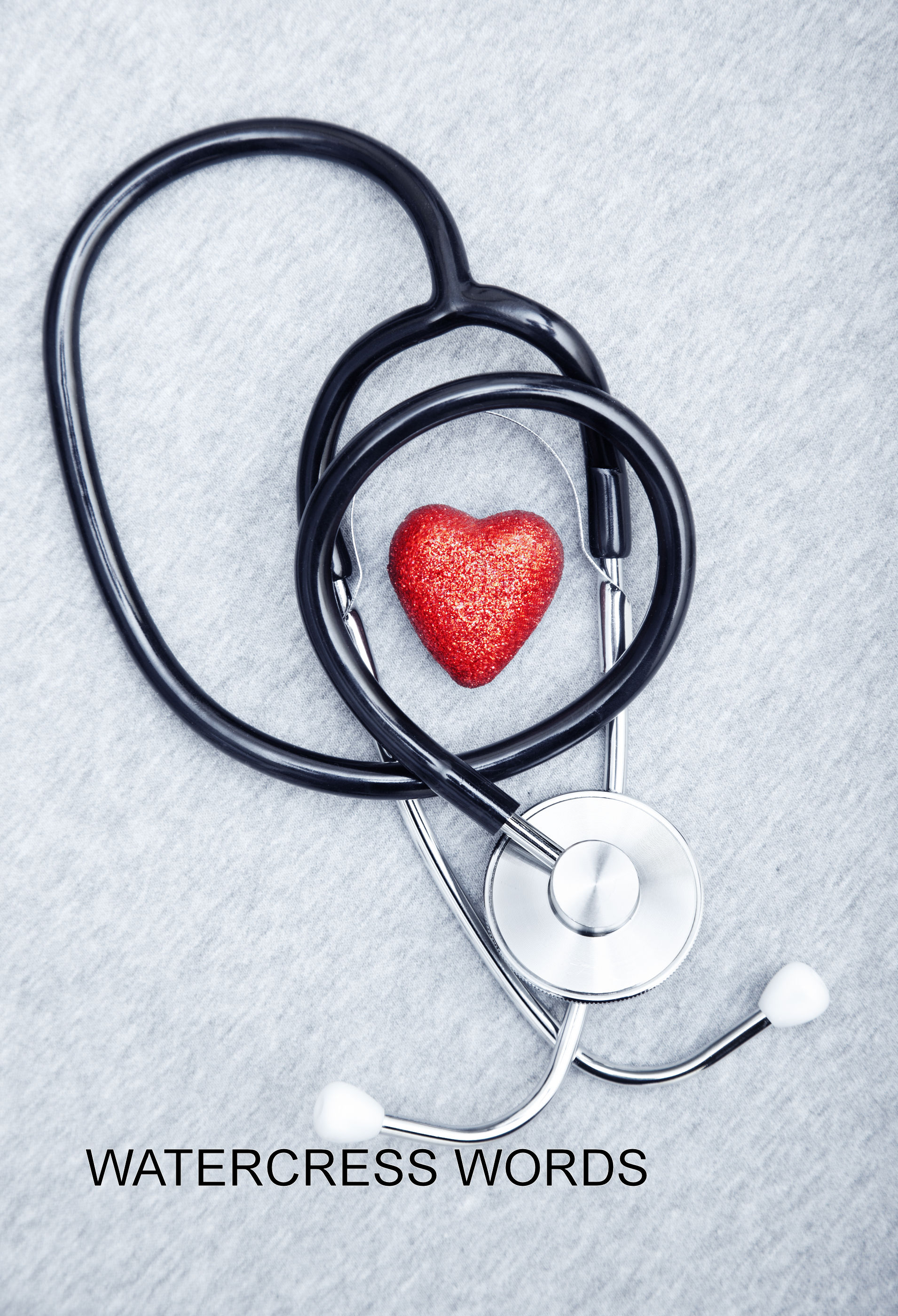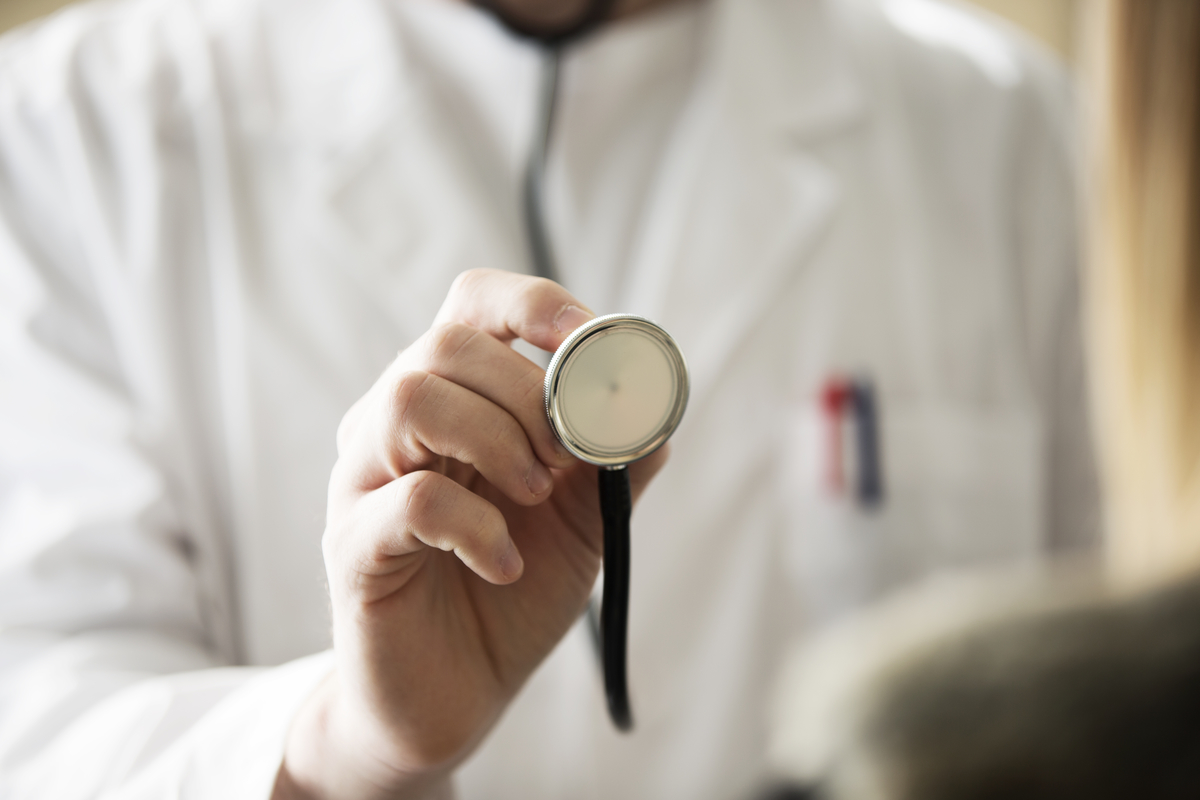Updated March 27, 2023
Did you know there is a national day to honor physicians? In 1990, the U.S. Congress established a National Doctors’ Day,first celebrated on March 30, 1991.
Along with the honor of being a physician, comes the problem of burnout. Leaders in the medical community recognize the high and increasing rate of burnout in physicians.
National Doctors’ Burnout
In burnout, physicians feel exhausted, lack enthusiasm about work, lose motivation, and feel cynical about the value of the medical profession.
Statistics suggest that a majority of physicians experience feelings of burnout and compassion fatigue at least sometime during their career. At any given time, that could be your doctor.
Physician burnout can arise from the technological and bureaucratic hassles in medical practice that hinder doctors from spending adequate and quality time with patients and interfere with our ability to care for patients in the way we believe is best.

Studies suggest that burnout causes physicians to spend less time providing direct care to patients, and that care may be less efficient and effective.
Doctors are less likely to experience burnout when they have rewarding relationships with their patients.
Most of us went into medicine because we wanted to help people, and that still brings us the most satisfaction. A successful doctor-patient relationship depends on both persons showing mutual respect.
(And by the way, physicians aren’t the only professionals who can burn out. If you recognize any of the symptoms in yourself, talk to your doctor or a mental health professional.)

The first Doctors’ Day observance was March 30, 1933, in Winder, Georgia. The idea came from a doctor’s wife, Eudora Brown Almond, and the date was the presumed anniversary of the first use of general anesthetic in surgery.
The Barrow County (Georgia) Medical Society Auxiliary proclaimed the day “Doctors’ Day,” which was celebrated by mailing cards to physicians and their wives and by placing flowers on the graves of deceased doctors.
You may not have a chance to honor your doctor in person, but I suggest you commit to doing your part to establish a trusting, respectful relationship with your doctors. It will be good for both of you.
To enhance communication with your doctors-
Be open and honest about your medical history,lifestyle, and concerns.
Sometimes patients leave out important information due to forgetting, thinking it’s not important, embarrassment, or fear. But that may be the very piece of data I need to pinpoint what’s wrong.
So tell the doctor
- If you can’t do something you’re asked to do,
- if you can’t afford the medication,
- if your insurance doesn’t cover something,
- if you are afraid to go for the test
- if you are seeing other doctors for anything,
- how much you smoke,drink, or other habits
Learn more tips on talking with your doctor here-
How to talk to your doctor to improve your medical care 
Give details about your problem, explain what you feel
I find that patients often have difficulty describing how they feel. They may say they hurt, cough, itch or get short of breath, but give few details. Maybe because we use text messaging with its brevity, abbreviations and emoticons. We have forgotten how to use descriptive words.
I don’t think we doctors expect our patients to always recite a rehearsed narrative about “why I came to the doctor today.” But it does help if you come prepared to answer questions as specifically as possible. You might try thinking about your problem using the PQRST mnemonic. It will help your doctor identify possible causes for your symptoms, and may also help you understand your problem and even suggest ways you can help yourself.
Find out what PQRST means at this post-
How to tell your doctor what’s wrong with you.

Recognize your doctors are people first
As physicians, our patients’ “social histories” help us understand factors in your life that impact your health -where you live, your job, your family, your hobbies . Besides that, we enjoy getting to know you, especially the things that make you and your life unique and interesting. That feeling can go both ways.

Exchanging a few social words can make the encounter more satisfying for you and your doctor. Some of us will be more open about sharing our personal lives, and some subjects may be off limits. But I don’t think any of us will object to polite, caring interest in our lives outside of medicine.
You may cry when you read about a unique doctor-patient relationship in this post-
A simple way to help your doctor beat burnout
Finally, in honor of Doctors’ Day, meet some physicians with unique experiences to share, just a few of the many doctors who work tirelessly to provide us all with the HEART of health.
Doctors in international healthcare
Dr. Kent Brantly awoke feeling ill- muscle aches, fever, sore throat, headache and nausea. As his condition progressively worsened to include difficulty breathing, he learned the cause of his illness- the Ebola virus. Having spent the past few weeks caring for patients caught up in the Ebola epidemic that swept Liberia in the spring of 2014, Dr. Brantly had contracted the disease himself, and would likely die, as almost all victims do.
Continue this story at-
Surviving Ebola, “Called for Life”– Dr. Kent Brantly

Doctors in disaster healthcare
When she applied for a position in New York City at the NYC Office of the Chief Medical Examiner (OCME), Dr. Judy Melinek never imagined that decision would plunge her into the nightmare of September 11, 2001. She was at the ME office that day when the Twin Towers were attacked and fell, killing thousands of people.
She and the other staff collaborated with the team of investigators who worked night and day identifying remains of the victims, a task she vividly describes in the book. This was basically their only job, since the cause of death was for the most part irrelevant, and impossible to determine. Sometimes they had only a small body part, as little as a finger, to extract DNA to identity a victim. Such identification was critical to bring closure to the families who lost loved ones, people who left for work that day, and never came home.
Read more about Dr. Melinek at this review of her book-
Working Stiff: Two Years, 262 Bodies, and The Making of a Medical Examiner- a review of words worth sharing

Doctors in Primary Care
Melissa Freeman, M.D.- the 91-Year-Old Doctor Who’s the Granddaughter of Slaves
Photos in this post are from the LIGHTSTOCK.COM collection, an affiliate link. Consider Lightstock for your photo and graphic needs. You will get quality media and help support the mission of this blog-to inform and inspire us all to discover the HEART of health.
exploring the HEART of health and those who care for it

Dr Aletha


Doctors should get more recognition. I recently had knee surgery and when I visited my surgeon on my 6-week post-op visit I made it very clear to him how much I appreciate him, his team, and the work they have done. I feel they need to be told and appreciated. The same goes for all hospital staff.
Visiting from #SeniorSalonPitStop and sharing on SM.
LikeLiked by 1 person
I’m glad to know that Esme , you probably made his day lighter.
LikeLiked by 1 person
I believe to give recognition when needed and in this case he did an awesome job.
LikeLiked by 1 person
Thanks Aletha, this is a very informative and helpful post as we appreciate our doctor’s. Most of them work very hard and genuinely care for their patients.
LikeLike
Yes, they do Kathleen. So it’s unfortunate that the doctors who cause problems get the publicity. But they are a small minority.
LikeLike
Great tips on having confidence to tell the doctor exactly what the issue is.
LikeLike
Thank you Dr.Elise, I’m glad to know they are helpful.
LikeLike